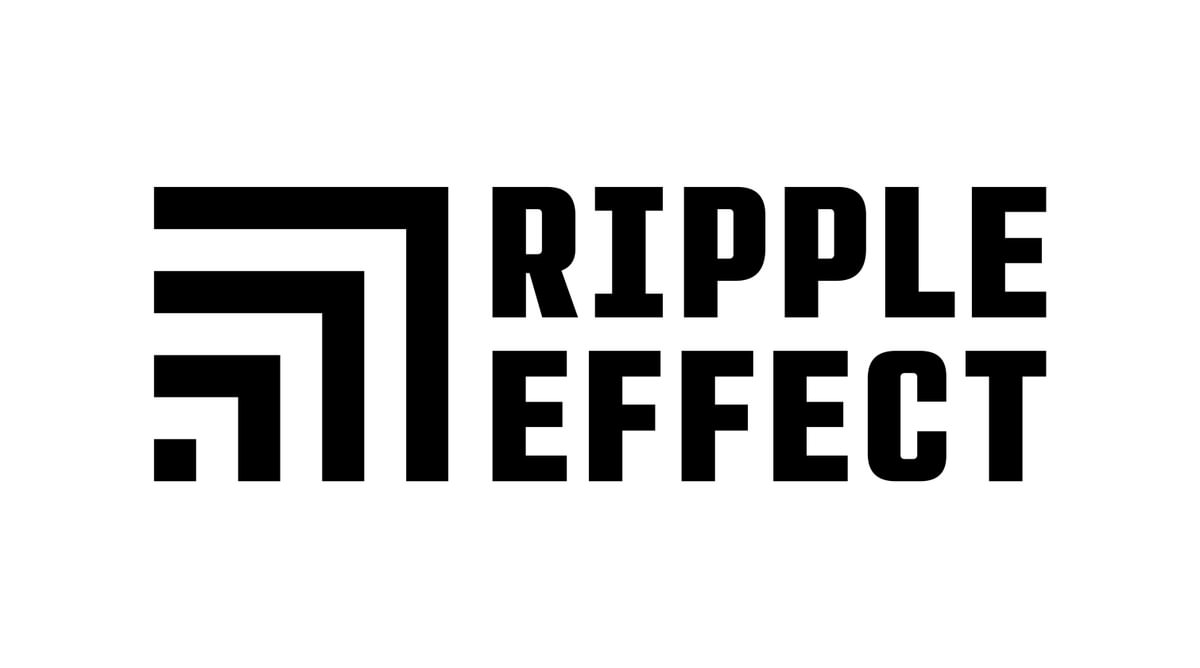Dairy For Development
Dairy cows play a vital role in many developing countries, serving not only as a source of income for smallholder farmers but contributing to the improved health and nutrition of their families and communities and a driver of economic development.
As a centre of dairy expertise – and home of the Jersey breed – we are uniquely well-placed to assist farmers, charities, cooperatives, extension workers and national governments with improving the quality and profitability of milk production.
Our Dairy for Development grants focus on boosting livelihoods and nutrition by enhancing dairy production techniques (specifically bovine) to boost milk yields and quality, strengthening value chains, improving animal health and genetics, improving competitiveness of farmers, cooperatives and connected businesses and providing innovative financing, especially to support small-scale producers.
Current Dairy for Development Grants
| Agency | Programme | Country | Value | Start | End |
|---|---|---|---|---|---|
| The Ripple Effect International | Dairy for Nutrition and Income (DaNI) - Phase 2 | Ethiopia | £1,397,914 | 2023 | 2027 |
| RJAHS | Amakuru ku nka z'umukamo - Dairy Data Project | Rwanda | £1,568,942 | 2023 | 2026 |
| RJAHS | Ongera Amata | Rwanda | £1,557,416 | 2023 | 2026 |
| ADRA-UK | The Enhanced Rural AI (TERAI) project for Smallholder Dairy Farmers in Nepal | Nepal | £1,102,365 | 2022 | 2026 |
| RJAHS | Jersey Breed Focussed Dairy Development in Zambia | Zambia | £1,198,007 | 2022 | 2025 |
| The Ripple Effect International | Inka Nziza Zikamwa ("Good cows that give milk") | Rwanda | £1,336,526 | 2021 | 2024 |
| RJAHS | Development of RAB Songa Station, a Centre for Dairy Excellence | Rwanda | £1,059,478 | 2021 | 2023 |
| RJAHS | Malawi Dairy Growth (MDG) Project - Phase II | Malawi | £999,600 | 2021 | 2024 |
| RJAHS | Transforming Smallholder Dairy Farming in the ChaCha Area | Ethiopia | £996,132 | 2020 | 2023 |
| Scottish Catholic International Aid Fund (SCIAF) | Developing Inclusive and Profitable Dairy Market Systems for Pastoralist Communities | Ethiopia | £800,000 | 2020 | 2023 |
Project in focus: Dairy for Nutrition and Income (DaNI)

COUNTRY: Ethiopia
PARTNER: Ripple Effect
DURATION: 2020-2023
The challenge:
Livestock plays an important role in Ethiopia’s economy, society and culture, and the country has the highest cattle population in Africa. But despite the enormous potential of the dairy sector to improve lives, productivity is very low.
What did the project do?
Farmers were trained in food production, and in animal management and feeding regimes to improve the health and productivity of their livestock. Improved volumes of high-quality milk were stored and marketed. Local cattle were improved by crossbreeding them with the Jersey cow, which is well-suited to east African conditions. To target the most vulnerable members of these communities, 70% of the project participants were women.
Outcomes:
Despite Covid challenges, the project team recruited 2,940 smallholder farmers, organising them into 145 self-help groups. Training in improved animal management is underway, with improvements in the condition of cattle already visible. In addition, capping two springs has brought reliable, clean water to 85% of families – a vital part of good nutrition. The focus of the project is now on the sale of surplus produce – butter, cheese, milk and fruit and vegetables. Farmers are engaging with local markets and savings schemes giving them access to capital to re-invest and to build their resilience to ‘shock’ events.
“I’ve learned so much since joining the Melkam group. I have been trained about dairy cow management, and how to support dairy farming as a business. Farming and livestock is my life, my family’s life – I want to learn as much as I can.”
Sign up to find out more
If you would like to find out more about JOA, the work we do, forthcoming events and volunteering opportunities, please sign up to our newsletter.

